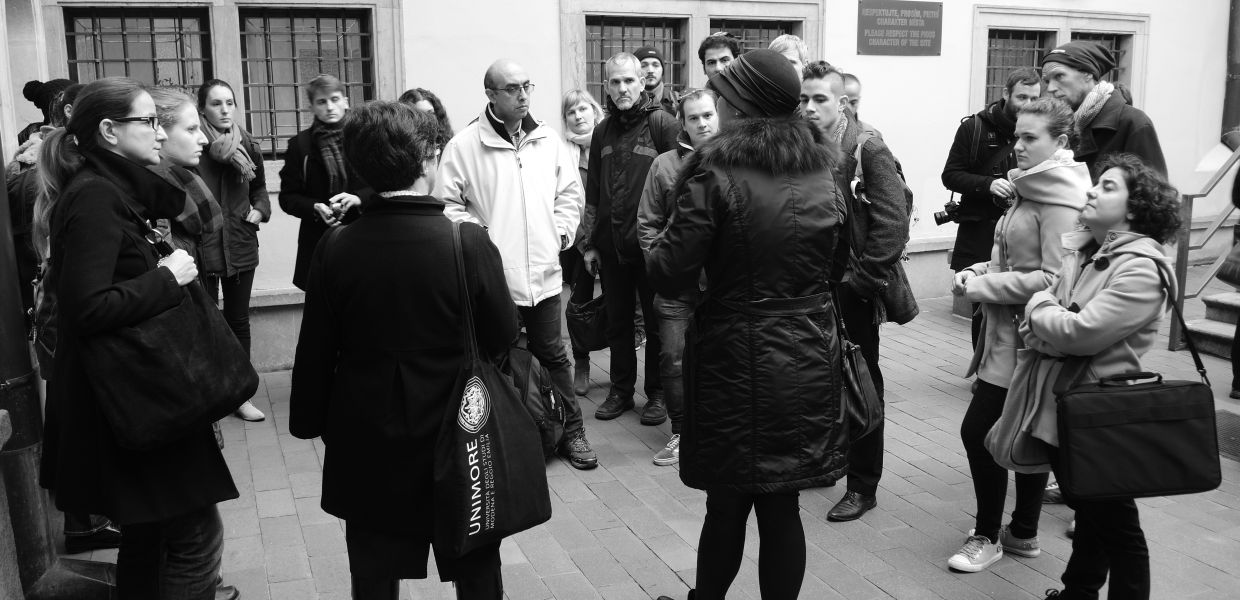“Digital Humanities are … Digital Humanities is … ??”*
“We don’t even know if it is plural or singular!” Prof. Gregory Crane said in his presentation at the DARIAH Winter School suggesting that Digital Humanities is still such a blurred field that needs to be defined.

A group of junior and more senior researchers had the pleasure to meet last month in Prague in the context of a training initiative of DARIAH entitled “Open Data Citation for Social Sciences and Humanities”. This Winter School, which lasted a week (October 24-28 2016), touched upon many more issues and topics than its title suggests. Briefly, some of these topics were Open Access, Open Data, Open Peer Review and Publishing, Data Management Plan and Persistent Identification, Open Data Publication, Platforms and Infrastructures.
What was considered quite interesting in this training event was firstly the mixture of the participants and secondly the variety of the topics addressed. Regarding participants, DARIAH aimed in gathering ‘experts’ of different career status and fields resulting in a diverse group of Professors, PhD students, early career researchers, developers and teachers, librarians, editors and publishers who represented various European Universities, Research Centres and Libraries accordingly. Having people with different professional occupations exchanging views and experience on the issues mentioned before was quite promising for the discussions held. Apart from that, what I found extremely important was that some of the speakers tried to address social aspects of the practices held within the Humanities. Engaging the public to research work conducted within the field was considered as highly desirable but also essential and it should be highly prioritized in the academic agenda. It could be said that Open Access and Open Data are just one of the ways for enhancing the social impact of work conducted in the Humanities, but there is certainly room for more.
In the context of this Winter School, I had the opportunity to present collaborative work conducted in Europeana Cloud and, more recently, Europeana Research, concerning case studies on digital content reuse. These case studies were built on potential topics with which Europeana could potentially be of most use, including investigations of current data reuse within the sector and the quality of the content itself. Topics were selected for trial using Europeana’s current content, and other potential resources, both of which were subjected to questioning: how useful was the data to them?; what tools or services could be used with it; what were the failings of the content and how might that be overcome? Focusing on two of these topics (Conflict-related Population Displacement and Children’s Literature), my presentation aimed in providing an overview of the potential research use of existing collections in Europeana, problems faced during these case studies and future suggestions for improving the use of Europeana by researchers. Europeana was frequently mentioned during the discussions as one of the leading and promising research infrastructures in the field of Humanities alongside CLARIN, DARIAH and other initiatives.
